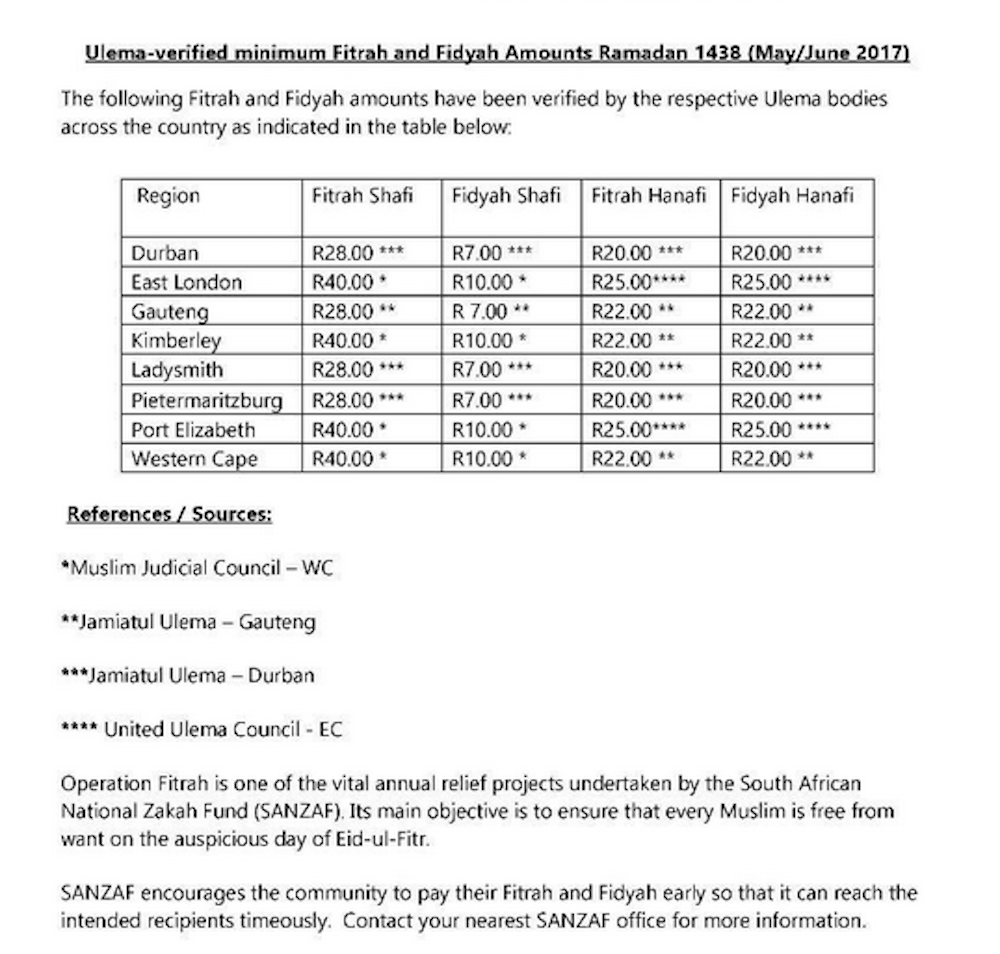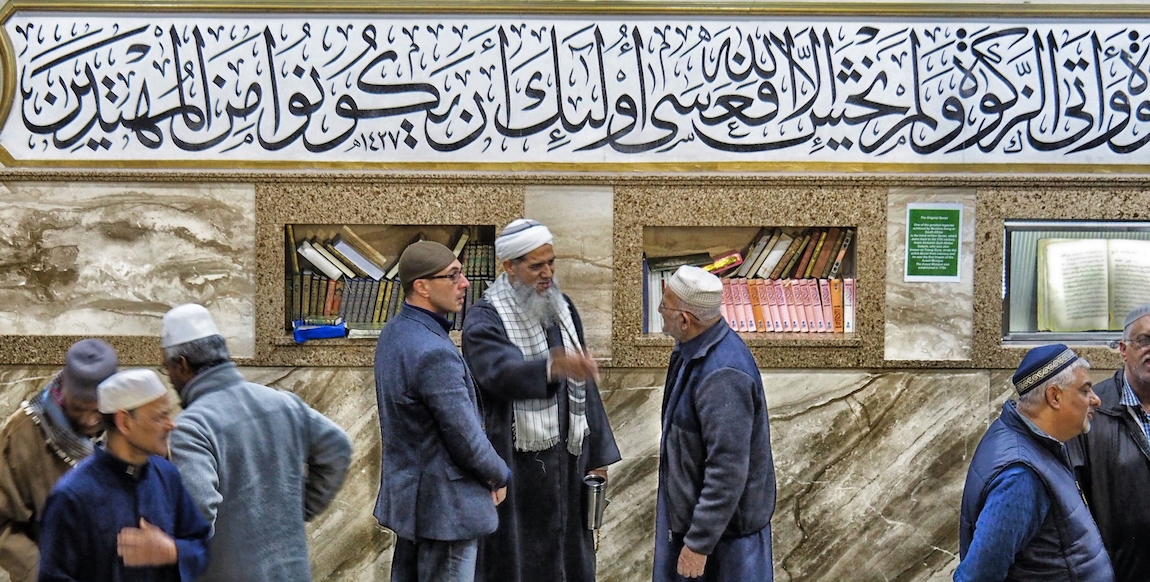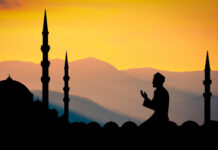The month of Ramadan is almost over for Muslims in South Africa and around the world. However, the holy month is followed by the observation of a one-day celebration by Muslims: Eid-ul-Fitr. The Daily Vox team breaks down what Eid is all about and how it’s celebrated in South Africa.
Update: Eid will be celebrated on Wednesday June 5 2019.
What is Eid?
No, it’s not just “Muslim Christmas”. Eid is a one-day celebration which marks the end of the month of fasting for Muslims. However, in most Muslim countries, it’s celebrated for three days. (Good luck trying to get three days off in a row to celebrate Eid! Many people struggle just to get the one.)
It’s not like Christmas for Muslims because the day is a reward for and celebration of the month of discipline and reflection on what has passed. Eid signals the end of fasting and the beginning of a new Islamic month, Shawwaal.
When is it?
Just like the start of the month of Ramadan, the end is also dependent on the moon. Muslims follow the lunar calendar and a new Islamic month begins when the new moon is sighted.
In a uniquely South African tradition, the maankykers (moon-seekers) gather at Signal Hill, Three Anchor Bay, Soetwater and other places around Cape Town where there is a clear view of the sky to look for the moon.
Although it’s traditional to seek the moon from the 29th of the month, scientific measurements of the moon, as well as weather patterns, show that the moon will most likely only be sighted on Sunday night. This means Muslims in South Africa will most likely celebrate Eid-ul-Fitr on Monday, the 26th of June. Of course, we’ll only be able to say this with certainty on Saturday night.
Also, don’t be surprised when people start speaking about Eid again in September. There are actually two Eids each year – one at the end of Ramadaan, and the other (Eid-ul-Adha) at the end of the annual pilgrimage to Mecca.
What do Muslims do on Eid day?
A few days before the day of Eid, Muslims must give sadaqatul fitra or charity to the poor, as a show of gratitude to God and to obtain blessings for the fasts that were kept. Fitra is also given so that the less fortunate can also celebrate the day of Eid. This is why it needs to be given before the actual day so that it can be distributed beforehand. Fitra is calculated based on the price of the local staple food. This year, it is between R20 and R40, depending on the Islamic school of thought you follow.

The days before Eid also mean frantic tips to the dressmaker to make sure your Eid clothes look amazing, and to the barbers for that on point haircut, while the threading aunties are busy making sure Muslims girls’ eyebrows are on fleek.
On the day, Muslims wake up early to shower and dress in their Eid best, and to arrange a spread of sweet treats for any guests who might stop in later. Many make their way to masjids or to open fields to perform the special Eid salaah called the Eid Gah. On the day Muslims greet each other saying “Eid Mubarak”, “Eid Saeed” and other variations, which basically translate to “Blessed Eid” or “Happy Eid”.
Are there gifts involved?
Eid is a day for celebrating! For most people it means strutting your stuff in your best or newest clothes, eating as much of the amazing food that has been prepared (burfee <3) and getting (or giving) Eidie. Eidie is a small portion of the money that older family members give to young ones for fasting in the month. Just like Ramadan, it is supposed to teach Muslims to be more charitable. Little kids can make a fair penny on Eid day, as they pocket anywhere from a few coins to a few hundred rands, depending on who’s giving it.
Eidie can also be a way to redistribute wealth among communities, with wealthier people giving children larger amounts of money than those who are less fortunate. While some children spend all their Eid money themselves, others may give it to their parents to help with household expenses.
The saddest day is the one when you’re too old to get Eidie and you have to be the one giving it. It’s the Muslim version of letting you know that you’re growing up.
What about family dramas?
Like most family holidays around the world, Eid can mean negotiating difficult family relations, especially for newlyweds who are often faced with the dilemma of deciding whose family to have Eid lunch with. This usually means one meal will be spent with one side of the family and another meal with the other side. And then the evening will be spent nursing a giant food baby.
Another part of the day potentially fraught with tension comes when young people want to visit their friends, and their elders insist that Eid is a day to spend with family. But our family photos will ruin my Insta feed, simply isn’t considered a good enough excuse to visit your school friend Raeesa instead of Aunty Gori.
Despite this, Eid is a day to celebrate with family and express gratitude (and the relief of making it through a month of “not even water”).
The Daily Vox would like to wish an Eid Mubarak to all those who will be celebrating. And for those who aren’t, hopefully your Muslim friends will bring some barakatjies (Eid leftovers) for you the next day.
Keep following our special Ramadaan project with 14hundred on Instagram – we’ll be updating it with the South African Eid experience!









